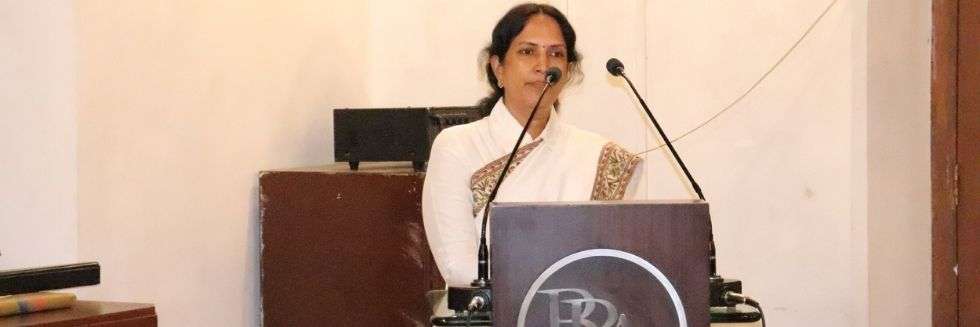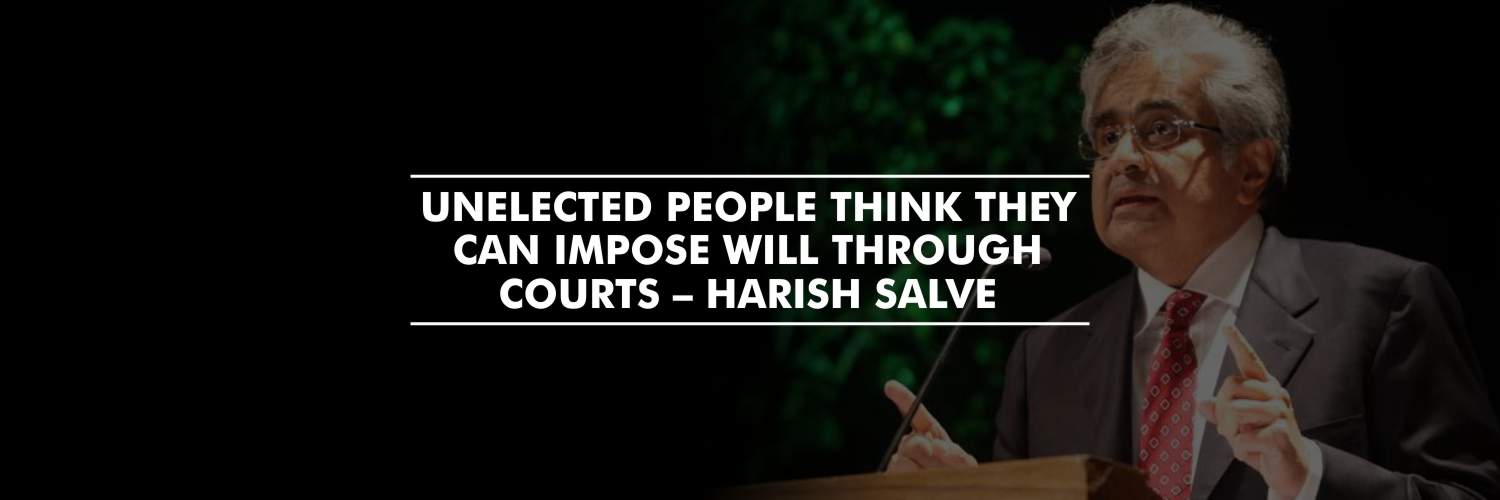Punjab and Haryana High Court recently held that an adoption after the retirement of the employee would not be a ground to deny the benefit of the family pension to the adopted child.
The bench was hearing a petition filed by an adoptive daughter of a government employee whose application for the benefit of family pension was denied on the ground that she was adopted after her father’s retirement.
“Merely because the adoption is post retirement which is mainly for the purpose of providing dependency and also some light in the evening of the life of the couple. The same would not as such be good enough to deny the said child the benefit of the family pension merely on account of the fact that the decision as such to adopt was taken at a belated stage,” the bench stated.
The bench comprising Justice G.S. Sandhawalia and Justice Vikas Suri noted that a child-less employee may adopt a child after retirement and that an adopted child cannot be denied pension benefits just because he/she was adopted after the service is over.
The bench held that Note-1 of Clause (d) of Sub-rule (ii) of Rule 4 of the Family Pension Scheme, 1964 is liable to be quashed for violating Article 14 of the Indian Constitution because it discriminates against children legally adopted after retirement and keeps them out of the ambit of the ‘family’ hence making them ineligible for a family pension.
“In our considered opinion, the argument which has been raised as such by counsel for the petitioner is well justified that the said Note enhances the discrimination inter se children adopted before and after retirement and keep the ones adopted after retirement out of the ambit of family. They are, thus, excluded from the right of family pension, which is a beneficial provision to ensure that children of a retired government employee do not face any vagrancy. The Rule as such is thus liable to be quashed on the ground of being violative of Article 14 of the Constitution of India as it does not serve any purpose and discriminates against children legally adopted after retirement,” the bench noted.






